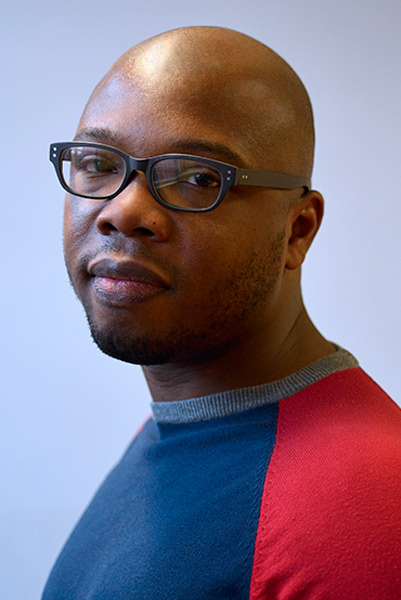Detours Through the Past: Traversing Paradigms in Octavia Butler’s Kindred

Dates: Thursday, Apr 7, 2022 –
Speaker
Michael Ra-shon Hall, PhD, is an assistant professor in the VCU Department of English. His research interests include 20th Century and Contemporary African American literature; travel, tourism, and mobility; cultural histories of travel and leisure; speculative fiction; and narrative and visual culture.
Abstract
Riffing off of Stuart Hall’s observation in the “The Dialogics of Identity” that “Identity is never finished. It moves into the future by way of a constructive detour of the past,” the late Cheryl Wall notes that a hallmark of contemporary literary production are “detours through the past.” Such detours refer to the many contemporary literary works which reach back to reimagine, for instance, “the interior lives of enslaved individuals” (e.g., Butler’s 1979 Kindred, Toni Morrison’s 1987 Beloved, Edward P. Jones’s 2003 The Known World). In this talk on travel and literary imagination of African American writers, I consider travel as literary device in Butler’s most celebrated novel Kindred. A work of speculative fiction, Kindred presents the story of Dana, an African American woman married to a European American man, who is pulled back in time from 1970s California to a plantation in antebellum Maryland to protect distant relative and eventual plantation owner Rufus Weylin, thereby ensuring her eventual birth.
Grounded by historical research on enslavement, Kindred uses the trope of time travel in a way that troubles easy distinctions between the figure of the enslaved and the traveler and reveals the paradox of freedom and confinement as an almost inescapable dialectic that continues to persist even given a speculative trope that seemingly holds out the possibility of altering history. Reading Kindred against contemporaneous works employing the speculative trope of time travel, I argue Butler’s representation of time travel (particularly as she dissociates time travel from technology) forces her readers to confront experiences of enslaved Africans in the antebellum South and continuities of those experiences as they persist into the novel’s present (1976). Butler’s concern with gendered and racialized complexities of mobility connects her to other women writers like Zora Neale Hurston (who preceded Butler) and Jewelle Gomez.
Event contact: Catherine Ingrassia, cingrass@vcu.edu